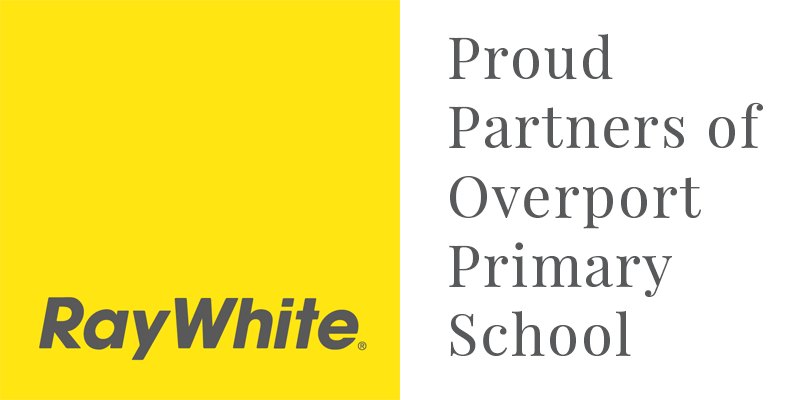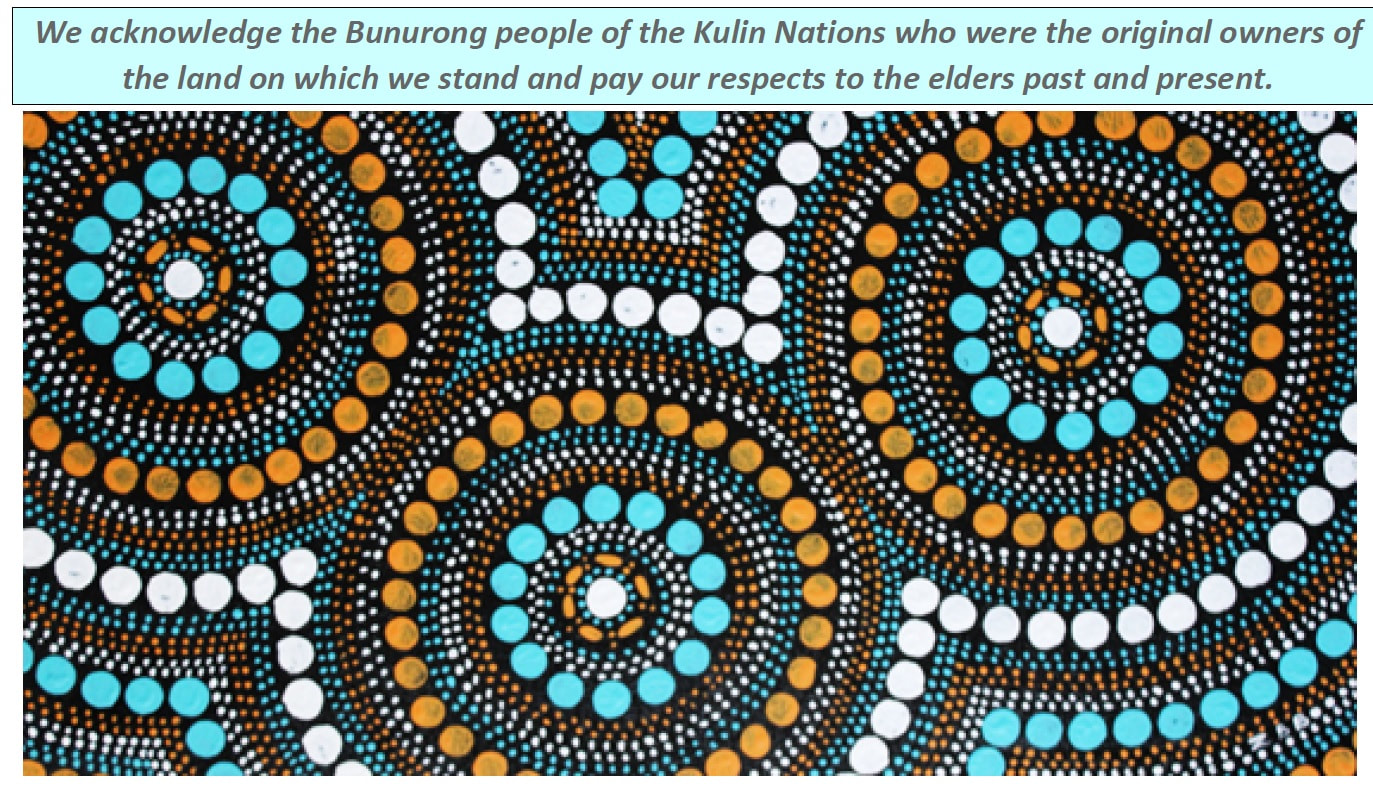MAP
The acronym MAP stands for Maths Assistance Program. The primary aims of the program are to develop student foundational understandings of number concepts as well as build student confidence in mathematics. Currently, the program is working with students in years two, three and four.
The foundational understandings of number include:
• Counting
• Subitizing
• Comparing numbers
• Patterning
• Addition
• Subtraction
• Problem-solving
Students work with a teacher in small groupings, twice a week. Each session is for 50 minutes. Sessions include an introduction to a concept, explicit instruction, skill practice with teacher supervision and revision before independent work. Students are given materials to use during the sessions such as counting sticks, counters, MAB blocks and number charts/lines.
As your child’s first teacher, you play an important role in helping develop their numeracy skills from an early age. Numeracy skills give children an important start to their learning and development. They also help prepare them for daily life at all ages. For example, in handling money and problem solving.
Numeracy is necessary for everyday living. From daily activities like telling the time, cooking and setting the table to more difficult tasks such as understanding mobile phone plans, planning a trip, reading a map and understanding timetables. Here are a few ideas to build numeracy skills at home:
Ideas for very young children:
o Collect cooking and preparation tools
o While cooking, talk about the recipe/ingredients using terms like more, less, how many, how much
o Count the pieces of food for each person
o Mark important dates on a calendar
o Discuss what time you should start getting ready in the mornings or before sport practice
o Time how long it takes to travel to different locations
o Guess the total number of items in your supermarket trolley
o Estimate and weigh the fruit and vegetables
Ideas for older children:
o Create a map or timeline based on the story they are reading
o Estimate the total cost of your supermarket purchase
o Estimate and weigh the fruit and vegetables; compare two items for the best value for money
o Discuss if an item on “special” is really that special
o Go on a numeracy walk, to look for numbers or shapes, to count objects, compare sizes of objects; and look for patterns in the environment
o Measure everything! “How far can you jump?” “How long is the desk?” “How tall are you?”
o Compare steps, paces and hand spans with metric units of length
o Look at energy consumption and waste production. Investigate ways of minimizing, which will involve understanding units of measurement, costs per unit, peak periods of energy consumption.
o Exploring natural phenomena provides a great context for engaging young people in numeracy-based conversations, i.e. storms.
Mathematical terminology to reinforce at home:
o Skip-counting – counting by a certain number, i.e. by 2s.
o Place value – the value of a digit in a number, i.e. 42 is made up of 4 tens and 2 ones.
o Subitzing – the ability to recognize a small group of objects without counting.
o Partition – splitting numbers into smaller parts, i.e. 42 is made up of 40 and 2.
The acronym MAP stands for Maths Assistance Program. The primary aims of the program are to develop student foundational understandings of number concepts as well as build student confidence in mathematics. Currently, the program is working with students in years two, three and four.
The foundational understandings of number include:
• Counting
• Subitizing
• Comparing numbers
• Patterning
• Addition
• Subtraction
• Problem-solving
Students work with a teacher in small groupings, twice a week. Each session is for 50 minutes. Sessions include an introduction to a concept, explicit instruction, skill practice with teacher supervision and revision before independent work. Students are given materials to use during the sessions such as counting sticks, counters, MAB blocks and number charts/lines.
As your child’s first teacher, you play an important role in helping develop their numeracy skills from an early age. Numeracy skills give children an important start to their learning and development. They also help prepare them for daily life at all ages. For example, in handling money and problem solving.
Numeracy is necessary for everyday living. From daily activities like telling the time, cooking and setting the table to more difficult tasks such as understanding mobile phone plans, planning a trip, reading a map and understanding timetables. Here are a few ideas to build numeracy skills at home:
Ideas for very young children:
o Collect cooking and preparation tools
o While cooking, talk about the recipe/ingredients using terms like more, less, how many, how much
o Count the pieces of food for each person
o Mark important dates on a calendar
o Discuss what time you should start getting ready in the mornings or before sport practice
o Time how long it takes to travel to different locations
o Guess the total number of items in your supermarket trolley
o Estimate and weigh the fruit and vegetables
Ideas for older children:
o Create a map or timeline based on the story they are reading
o Estimate the total cost of your supermarket purchase
o Estimate and weigh the fruit and vegetables; compare two items for the best value for money
o Discuss if an item on “special” is really that special
o Go on a numeracy walk, to look for numbers or shapes, to count objects, compare sizes of objects; and look for patterns in the environment
o Measure everything! “How far can you jump?” “How long is the desk?” “How tall are you?”
o Compare steps, paces and hand spans with metric units of length
o Look at energy consumption and waste production. Investigate ways of minimizing, which will involve understanding units of measurement, costs per unit, peak periods of energy consumption.
o Exploring natural phenomena provides a great context for engaging young people in numeracy-based conversations, i.e. storms.
Mathematical terminology to reinforce at home:
o Skip-counting – counting by a certain number, i.e. by 2s.
o Place value – the value of a digit in a number, i.e. 42 is made up of 4 tens and 2 ones.
o Subitzing – the ability to recognize a small group of objects without counting.
o Partition – splitting numbers into smaller parts, i.e. 42 is made up of 40 and 2.
|
|
|



